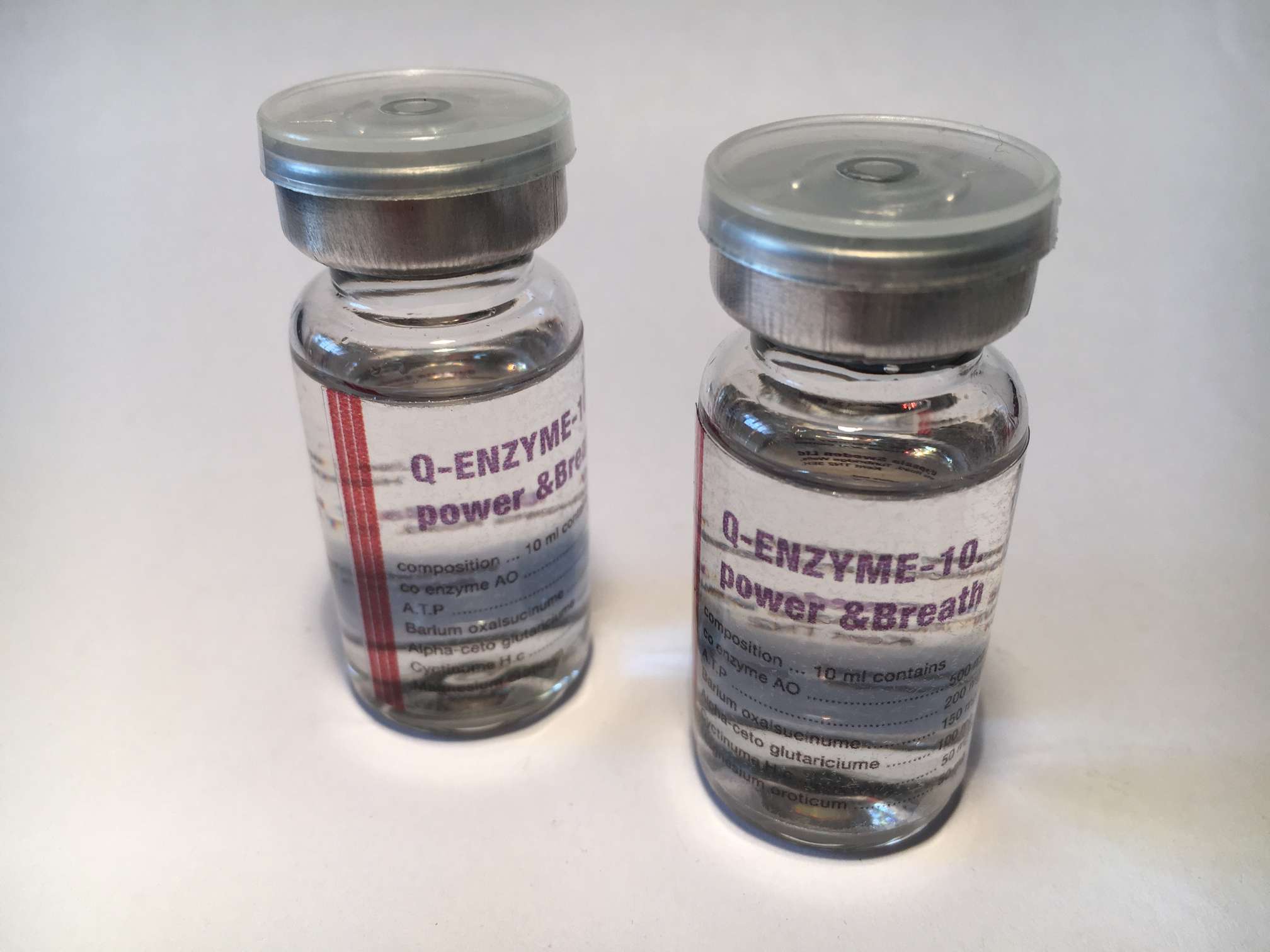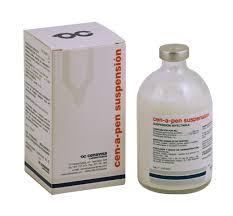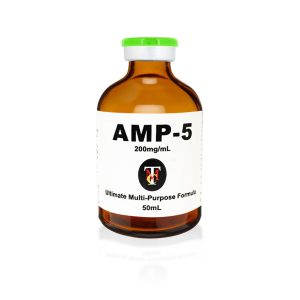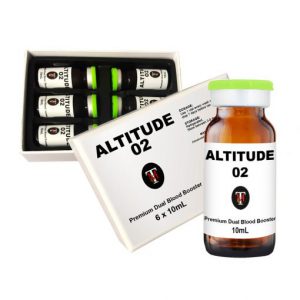Q-ENZYME 10 – 10 ML
What is q-enzyme 10 ml? Coenzyme Q10:
A compound needed for the proper functioning of an enzyme, a protein that speeds up the rate at which chemical reactions take place in the body. q-enzyme is used to produce energy to fuel cell growth and maintenance. Coenzyme q-enzyme 10 ml is thought to improve the function of mitochondria, the “powerhouses” that produce energy in cells. q-enzyme 10 ml is also an antioxidant, a substance that protects cells from highly reactive chemicals called free radicals that can damage cells and their DNA. The highest amounts of q-enzyme 10 ml are in the heart, liver, kidneys, and pancreas and the lowest amounts are in the lungs. The levels of q-enzyme 10 ml normally decline with age.
q-enzyme helps to increase energy. This is because q-enzyme 10 ml has a role in producing ATP, a molecule in body cells that functions like a rechargeable battery in the transfer of energy.
Q-Enzyme 10 Benefits:
- Energy production
- Healthy heart function
- Cardiovascular health
- Supports the immune system
- Slows down the degenerative effect on muscles and bones
- Maintains the function of body organs
- Overall health and well being
COMPOSITION q-enzyme
CO enzime AO ……………………………….. 500 mg
A.T.P. ………………………………………………. 200 mg
Barium oxalsucinume ……………………. 150 mg
Alpha-ceto glutariciume ………………… 100 mg
Cyctinume H.c. ………………………………. 50 mg
Magnesium oroticum ………………………. 50 mg
SUGGESTED RACING ADMINISTRATION AND DOSAGE
Horses: 5 ml the 24 hs before the race and 5 ml the 4 hs before the race.
Camels: 3 ml the 24 hs before the race and 3 ml the 4 hs before the race.
A compound needed for the proper functioning of an enzyme, a protein that speeds up the rate at which chemical reactions take place in the body. Coenzyme Q10 is used to produce energy to fuel cell growth and maintenance. Coenzyme Q10 is thought to improve the function of mitochondria, the “powerhouses” that produce energy in cells. Coenzyme Q10 is also an antioxidant, a substance that protects cells from highly reactive chemicals called free radicals that can damage cells and their DNA. The highest amounts of coenzyme Q10 are in the heart, liver, kidneys, and pancreas and the lowest amounts are in the lungs. The levels of coenzyme Q10 normally decline with age.https://kihorsemed.com/





Reviews
There are no reviews yet.